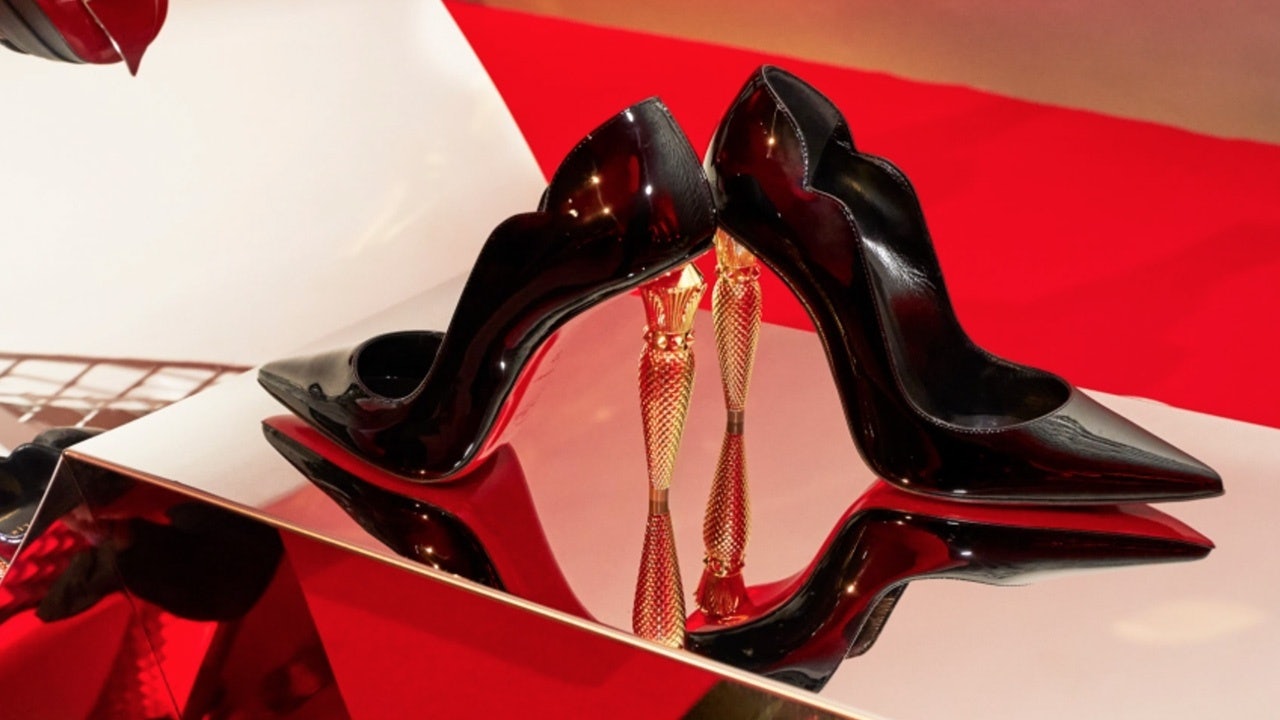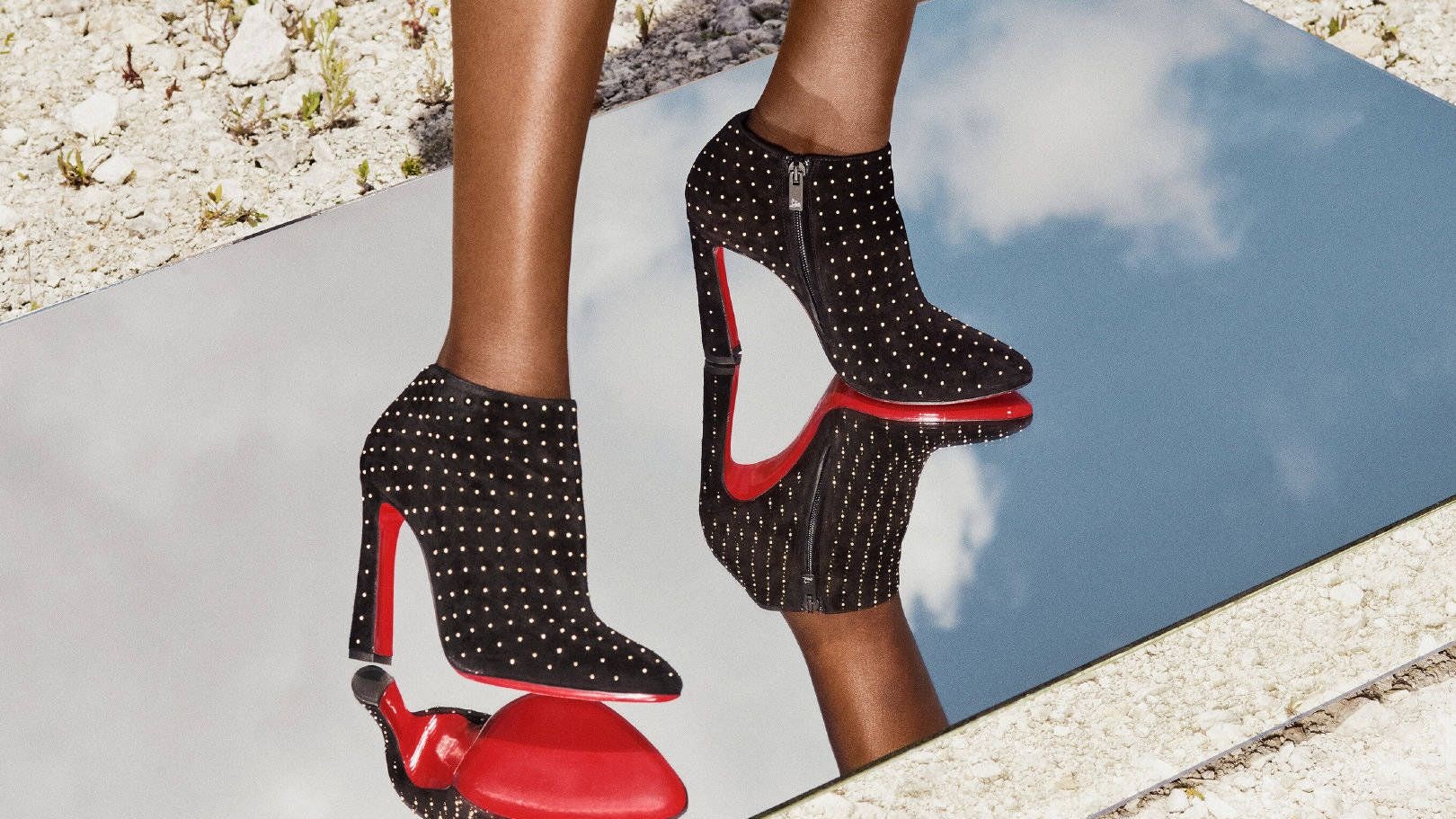What happened
On September 13, the Beijing Intellectual Property Court (BIPC) ruled in favor of French footwear line Christian Louboutin in an unfair competition case. Louboutin accused Guangdong Wanlima Industrial Co. Ltd. of selling high heels that copy the well-known red sole design of Louboutin’s footwear on Tmall and at a Beijing department store. Louboutin also charged that Wanlima used the word “red sole shoes” in its promotion, increasing the probability that consumers would mistakenly associate its products with Louboutin.
The court stated that, since Louboutin’s 2011 entry into the China market, its red sole trademark and design have attained “certain influence” and “established solid connections with the relevant public.” Therefore, Wanlima violated the mainland’s Anti-Unfair Competition Law and was ordered to compensate Louboutin 721,855 (5 million RMB) in damages and 64,245 (445,000 RMB) in legal expenses.
The Jing Take
Efforts from Christian Louboutin to secure its red sole trademark in China go all the way back to 2010 when Chinese regulators denied its application on the grounds that the trademark “lack[ed] defining features.” The label finally achieved a breakthrough in 2020: the Supreme People’s Court asserted that Beijing’s Trademark Law does not exclude using a single color at specifically-defined locations on a product. This recent ruling further solidifies Louboutin’s claim. The company’s trademark journey reflects the importance of establishing emotional connections with domestic customers for international houses. Through Louboutin’s marketing initiatives in the past decade, many local shoppers have linked the red sole design with the brand, which proved to be the critical factor that led to BIPC’s favorable ruling.
The verdict also suggests that the Chinese legal system has become more receptive to non-traditional trademark-related claims by foreign players. In February 2022, Chanel prevailed in a case in which it accused a homegrown fragrance producer of copying its N°5 perfume’s iconic exterior design. These precedents will make global groups more comfortable in defending their trademarks and combating counterfeit or design infringement in the country. Such an improvement in the business environment will expedite China’s growth into the world’s biggest luxury market.
The Jing Take reports on a piece of the leading news and presents our editorial team’s analysis of the key implications for the luxury industry. In the recurring column, we analyze everything from product drops and mergers to heated debate sprouting on Chinese social media.

